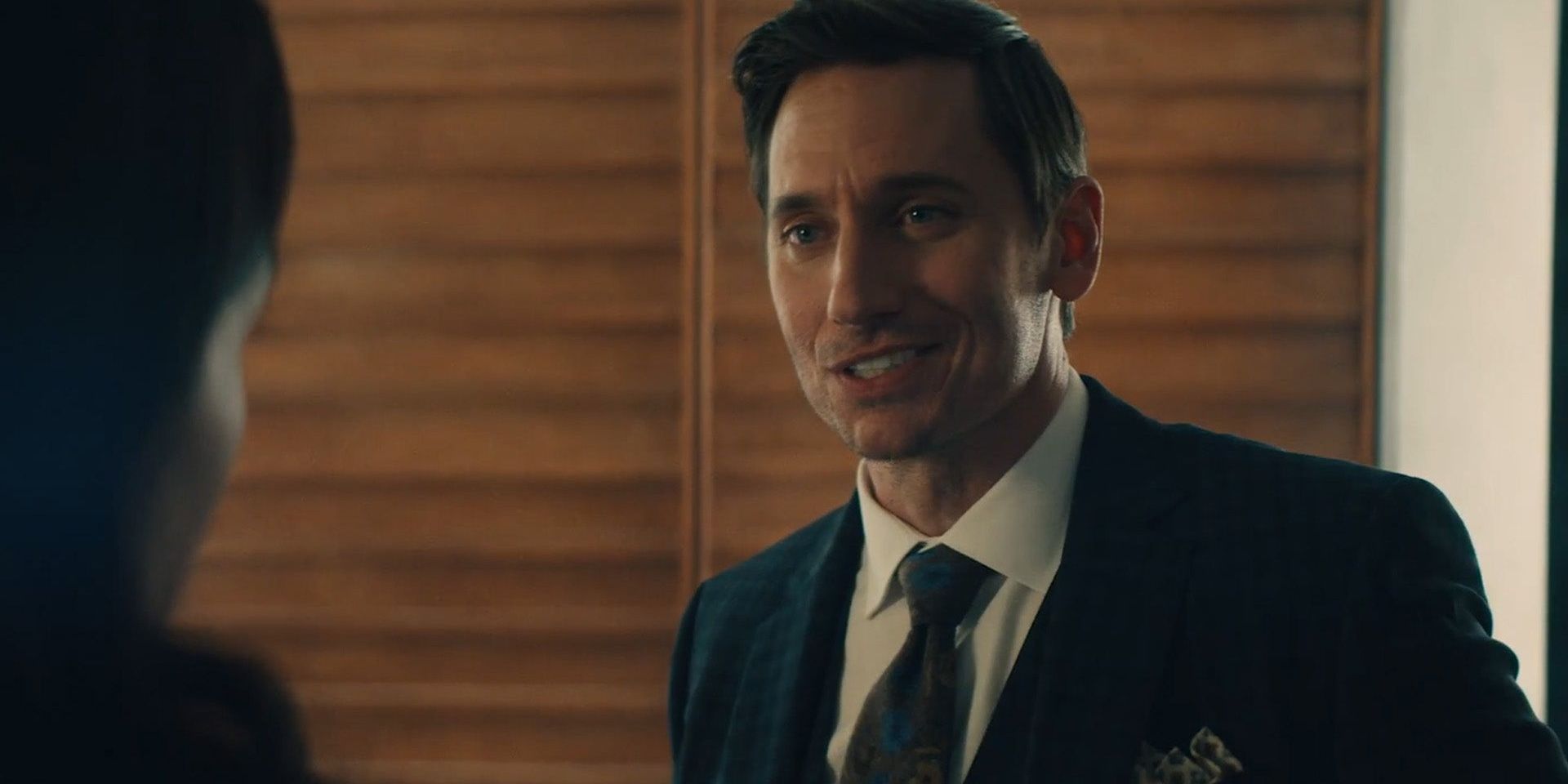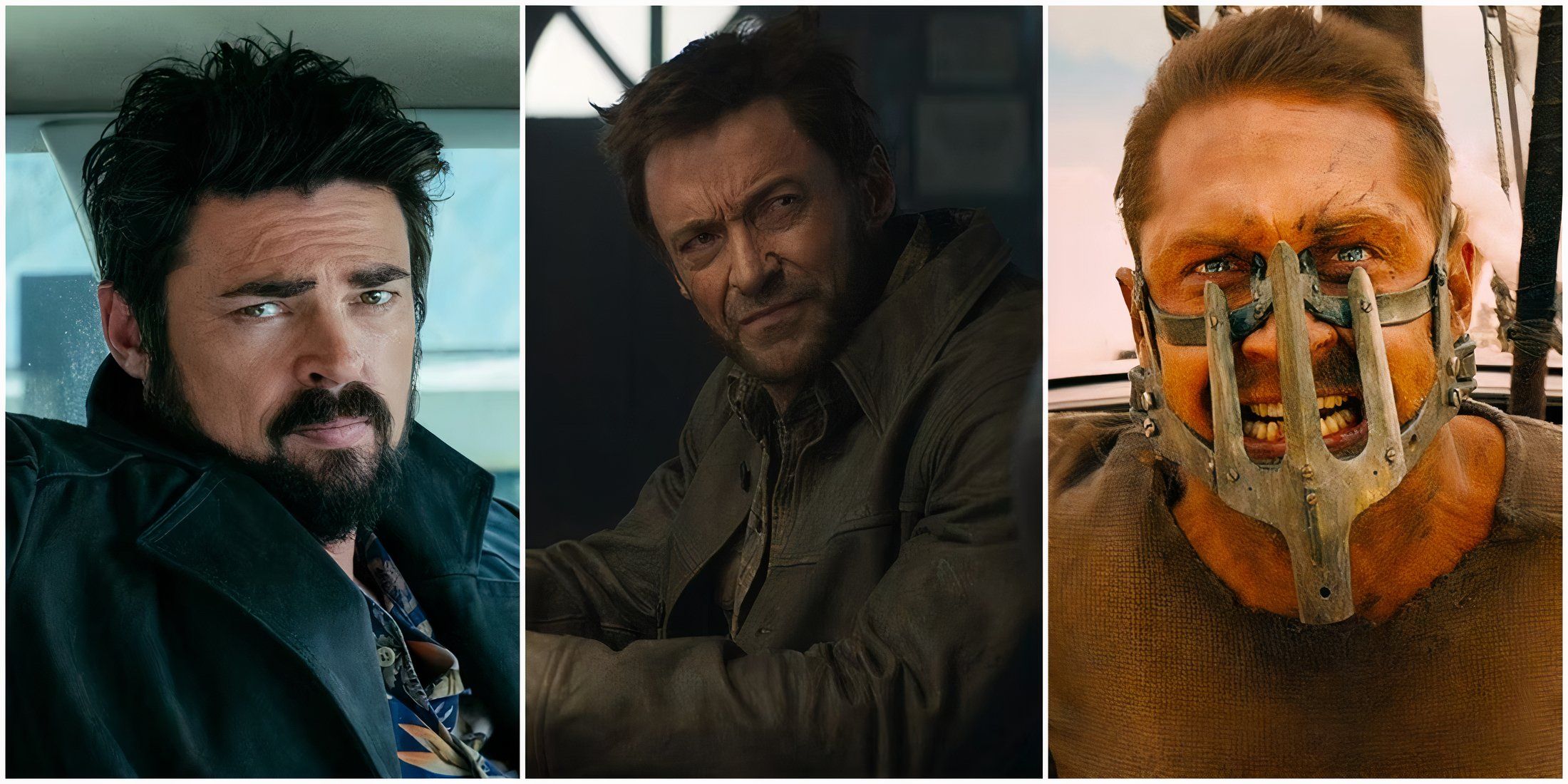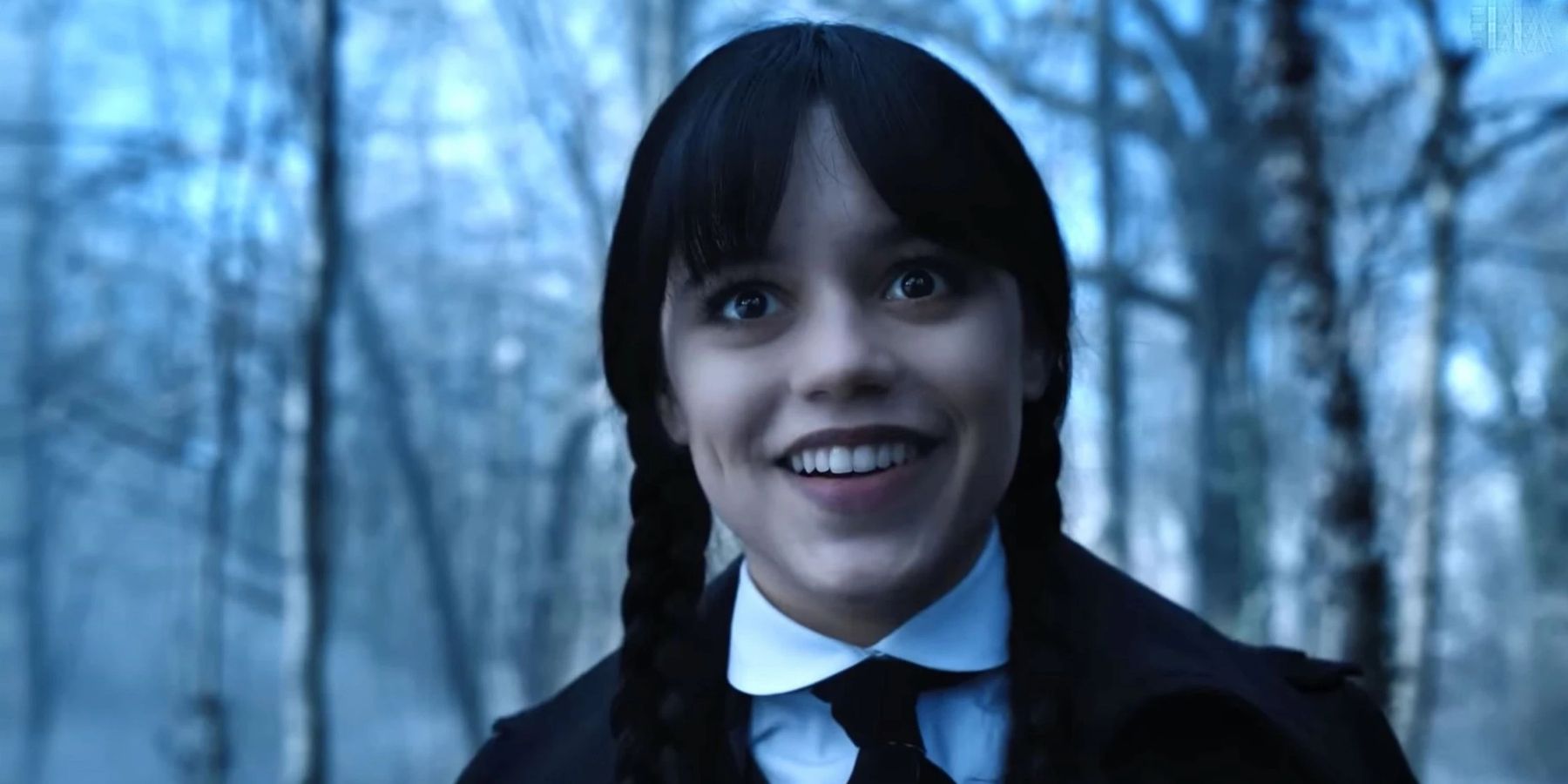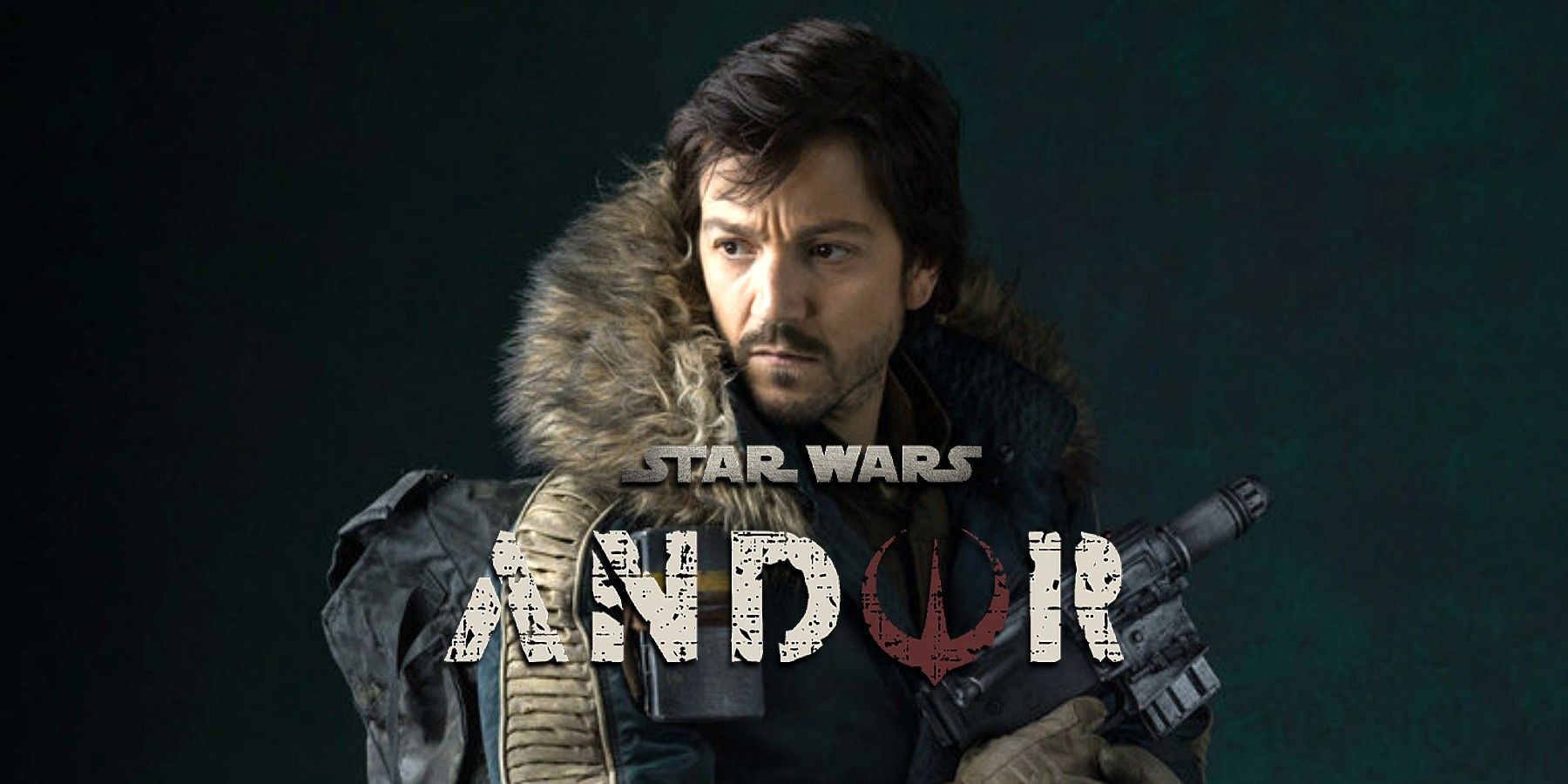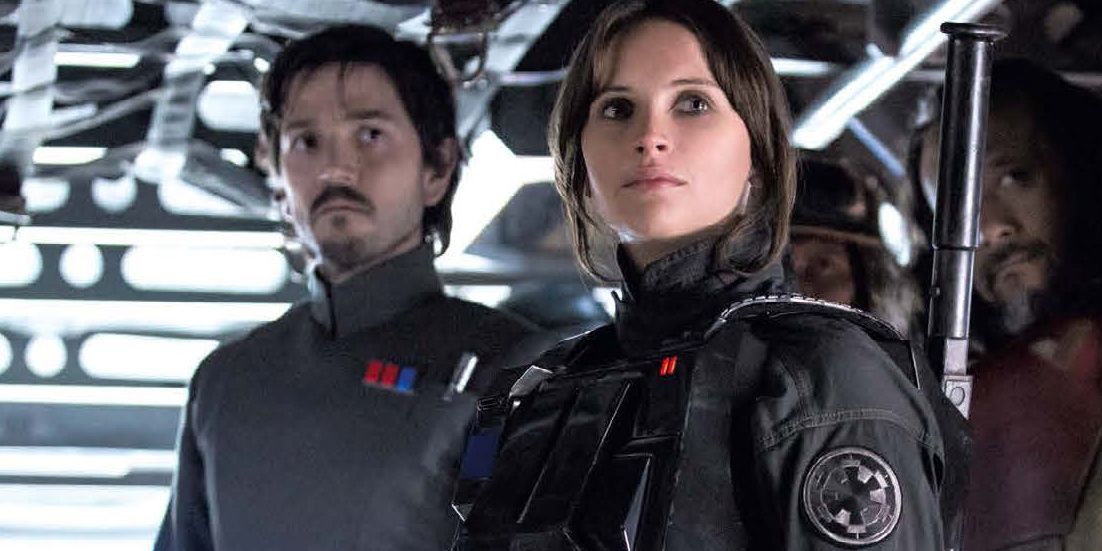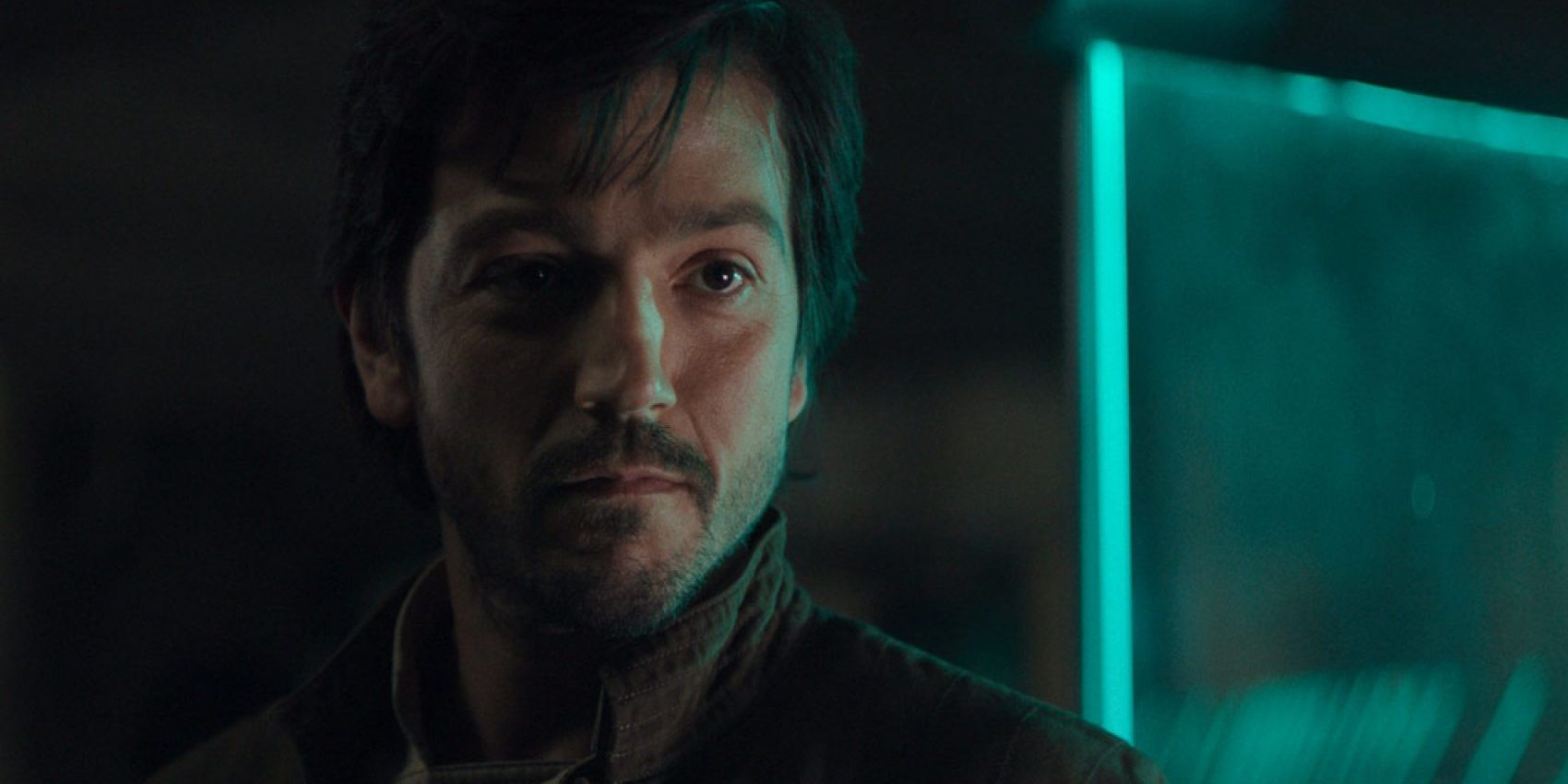Disney has had a rough time with the Star Wars license over the past few years, and it seems no effort of theirs is free from controversy. Though the films have each carried a nightmare of fan outcry and social media discourse, the small-screen outings have had their own unique issues.
Obi-Wan Kenobi has wrapped its first (and likely only) season to intensely mixed reactions worldwide. Some fans thought it was the perfect return to form for the franchise, others saw it as a cheap sloppy mess. The previous Disney+ Star Wars show was less controversial, but only in that opinions were generally more consistently negative. Can any show break this pattern?
Andor seems like a weird move for the Star Wars brand. The second-billed main character of a one-off entry in the cursed Star Wars Stories brand being upgraded to full series lead is reminiscent of Sony's Spider-Man efforts: grasping at any mildly recognizable character or performer to draw audiences in, without reaching for any of the names fans know and love. There are so many Star Wars characters fans might be excited to see again or learn more about, yet the studio went with Cassian Andor.
There's no doubt that Diego Luna's performance is certainly a highlight of Rogue One. He has a very sad backstory, good for tugging on audience heartstrings. He's a fine enough character in the limited role he plays in Rogue One, but leading a series seems a bit outside his capabilities — at least at first glance.
Disney's first live-action Star Wars show on their streaming platform was The Mandalorian, which was anything but mid-tier. It's still probably the best TV show in the franchise, and it's unquestionably the one with the most devoted fanbase. That show succeeded for several reasons, but one of its greatest strengths was the incredible freshness it brought to the franchise. By building the narrative around a wholly new cast of characters and only occasionally bringing in the franchise's central Light Side versus Dark Side storyline, it felt like a brand-new idea set in the familiar universe. The latter half of the second season started to reinsert those old elements, but the show stayed strong overall. The immediate follow-up, however, took absolutely none of the lessons from the first series.
The Book of Boba Fett was assembled from the tattered remnants of the long-dead plans to make a movie out of the iconic bounty hunter. Much of that idea was already used up for The Mandalorian, but whatever was left behind apparently inspired confidence in the studio. The series fell flat right away and only got worse over its lackluster series. Critics and audiences identified it immediately as more ad than narrative. Half of the season was spent on characters who had nothing to do with the show's story. The central plot is largely wasted on watching Boba Fett do things no one had interest in. The entire show was ill-advised and poorly executed, leaving fans of Fett less than impressed. The Book of Boba Fett left many fans sour on the Disney+ Star Wars series model, and the next effort saw mixed results.
Obi-WanKenobi is easily the show most connected to the movies that came before it. Like The Mandalorian, it takes place between trilogies, but it focuses entirely on key characters from the films. There were many strange elements of the show, but public conversation was mostly dominated by the more hateful members of the fanbase. As a holistic product, Obi-Wan has many good parts and many bad parts. There's a good argument to be made for making a movie out of the story rather than a show, but the series is far from the worst Star Wars project. The two most recent Disney+ Star Wars shows are messy and difficult to fully enjoy, but maybe Andor is the perfect project to move onto.
One of the biggest problems in the Star Wars franchise is its mandate to constantly drag marketable characters into focus. Disney is terrified that audiences simply won't show up if a lightsaber fight or a Skywalker family member doesn't appear. Mando managed to go without for a while, but once it did indulge, almost all the remaining episodes were given over to cameos. Boba Fett and Obi-Wan are heavily steeped in franchise mythology, no matter how hard they try to tell their own stories. The latest series paradoxically fares better by leaning fully into the existing franchise. Rather than a fully new character or a huge name, Andor focuses on a smaller character that audiences might be excited to learn more about. By centering its narrative on the life of a familiar face, Disney gets their recognizable character addiction out of the way. But at the same time, by picking a character with so much room to grow, they leave themselves plenty of new elements to explore.
Disney is notoriously risk-averse, even if the franchise could rake in billions on the name alone. Andor may or may not be a bold new direction, but it could also be the best fans could hope for from this franchise.

